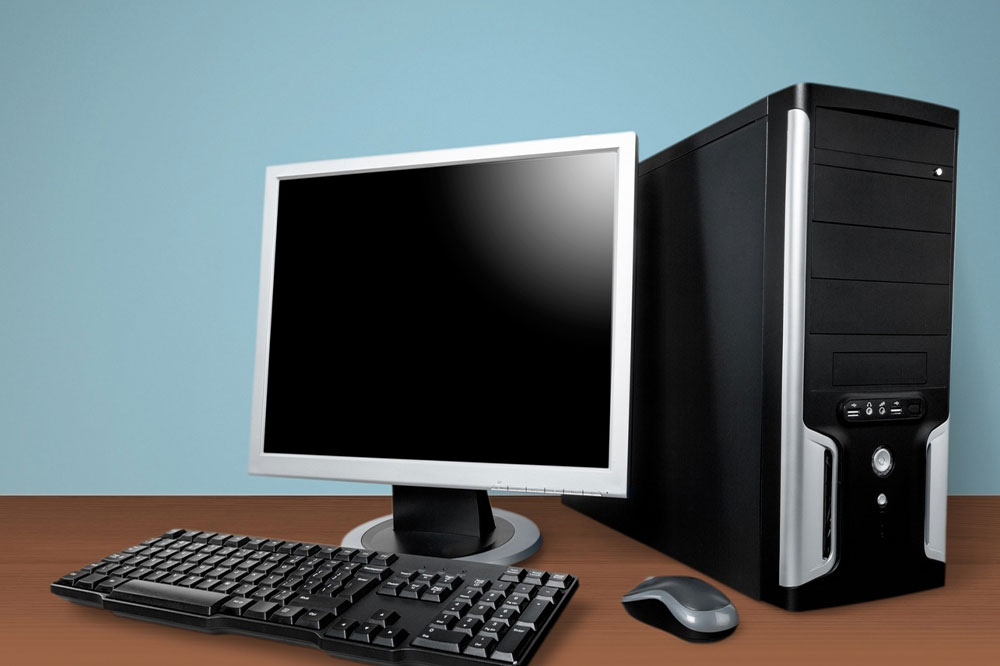The Role and Evolution of Computing and Electronic Technologies
Discover the evolution and significance of computers and electronics, exploring their history, types, and career opportunities. Learn how these vital technologies shape our daily lives and industries, offering various professional pathways. Understand the origins, classifications, and future prospects of electronic devices and computing systems in this comprehensive overview.

The Role and Evolution of Computing and Electronic Technologies
Electronic devices and computers have become integral to daily life. We depend on smartphones, vehicles, televisions, cameras, gaming consoles, laptops, and health monitoring tools for various activities. Despite their widespread use, many are unaware of their history, different types, and their applications beyond personal use across different sectors. Continue reading to explore the origins of computers, various categories, and career opportunities in this dynamic industry.
The Significance of Computing and Electronics Our modern world relies heavily on electronic systems. It’s challenging to envision a life without devices such as mobile phones, cars, or medical gadgets. These tools streamline tasks like ticket bookings, where a few taps can confirm reservations instantly. Electronic health devices have significantly advanced healthcare by enabling accurate diagnoses and better disease management. Electronics is also a fundamental branch of engineering, fostering innovation and technological progress that shapes our future.
Are computers electronic devices? Yes. Computers are sophisticated electronic systems that accept raw data, process it using software, and produce useful information. They are built with electronic components and need electrical power to operate.
The First Electronic Computers Today, computers are common, but their origins are recent. Charles Babbage, an English mathematician, conceived the first mechanical computer around 1812. He and Ada Lovelace, a pioneering mathematician, contributed to early ideas of programmable machines. Although Babbage never completed a functional device, he is recognized as the 'Father of Computing' for his visionary work.
Types of Digital Computers Analog computers once served specific functions but are now mostly obsolete. Modern digital systems perform a wide range of tasks via electronic technology, which includes four main types:
Microcomputers: Small, cost-effective devices like smartphones, digital watches, and home appliances that contain a microprocessor, memory, and input/output components.
Minicomputers: Slightly larger systems used mainly in industries for multitasking and processing multiple operations simultaneously.
Mainframe Computers: Large-scale systems employed by organizations to handle vast amounts of data efficiently, often managed through centralized servers.
Supercomputers: The most powerful computers that perform billions of calculations per second, utilized in weather prediction, scientific research, and complex modeling.
Careers in Computing and Electronics The reliance on electronic and computing technologies creates ongoing job opportunities. If you are passionate about electronics or computers, careers range from technician roles to engineering and research positions. Fields like robotics, industrial electronics, and IT provide excellent prospects with competitive salaries. These industries are continually evolving, offering exciting pathways for professionals.
Note: Our blog offers diverse insights across categories, providing useful and practical information. While the research and data are intended to inform, readers should view articles as informational rather than definitive. The site is not responsible for discrepancies or inaccuracies between our content and other sources, nor does it guarantee access to all potential offers or schemes.










